Life can get pretty hectic. Trying to squeeze in one more thing between work, family, and endless to-do lists, it’s easy to feel like there’s no time to pause, let alone read and study a huge book! We know reading the Bible is important for us to better understand who God is, receive encouragement, and pause to recenter our lives. So how do we add one more thing to our daily routine without adding stress? It starts by understanding that making daily Bible reading a habit isn’t about perfection or pressure but about creating a moment each day to pause, breathe, and connect with God. The Tyndale Bible Team has some resources that can help and support you on your journey.



Daily Walk Bibles take you on a yearlong guided journey through Scripture. The 365 daily Bible readings are enhanced by short devotionals related to the day’s passage, and rest stops every seventh day allow you to reflect on and connect with what you are learning. Ready to go deeper? Just download the Filament Bible app and scan the page number for in-depth exploration of the passage you’re reading.



One Year Bibles are designed to help readers engage with the entire Bible in 365 days. Whether you’re well-versed in the Bible or just beginning your exploration, these Bibles help guide you through a yearlong journey of exploration, reflection, and growth. Traditional One Year Bibles have a reading every day that explores one passage each from the Old Testament, the New Testament, Psalms, and Proverbs, giving you a broader overview of the entire story of the Bible. This reading plan format also has journaling and devotional options.




The One Year Chronological Study Bible allows you to read Bible events in the order they actually happened. For instance, many of Paul’s letters were written during his missionary journeys, which are recorded in the book of Acts. When you read the historical context from the book of Acts, coupled with specific insights from Paul’s letters, it helps you see the bigger picture of what was happening in the newly forming church. This study Bible includes daily insights and reflection questions to help you go beyond reading the Bible to understanding it and applying it to your life. The One Year Chronological Bible format also is available in plain text and journaling editions.
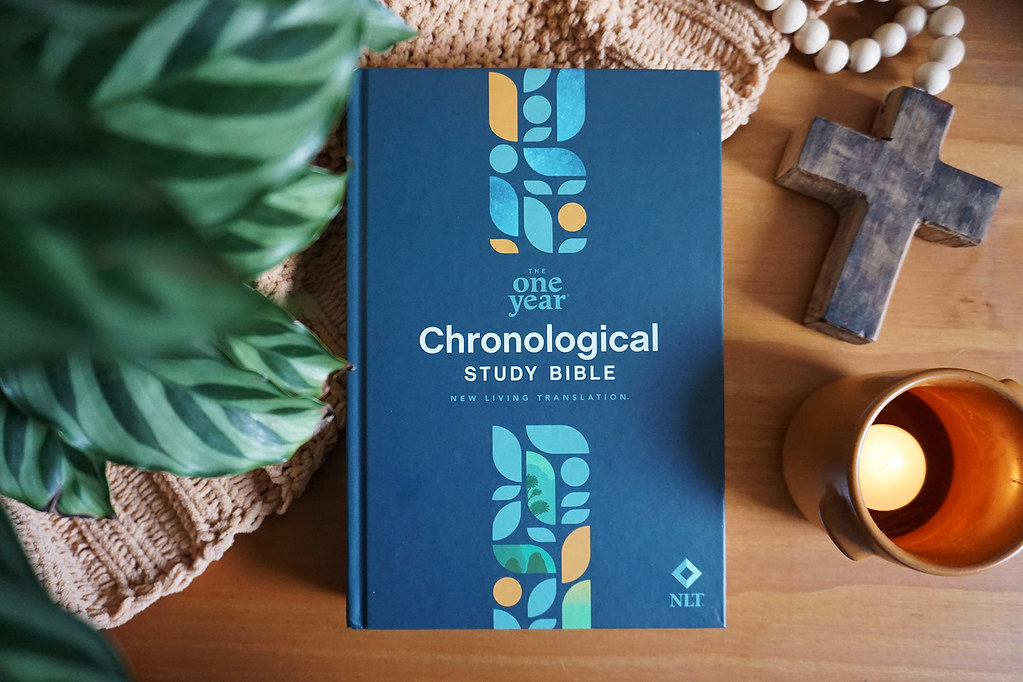



THRIVE Devotional Bible for Women is an invitation to journey through the Bible with daily devotionals that help women discover their identity in Christ, God’s purpose and plan for their lives, and how to flourish in a faith that is pure, genuine, and life-giving. Each day’s Scripture reading also contains a key Scripture callout, a love letter from God, a reflection from Sheri Rose Shepherd, a treasure of truth callout, and a special prayer for the reader.



Courage For Life Study Bible for Women and Courage For Life Study Bible for Men have a Bible study on every page of Scripture text. So although these aren’t set up specifically to take you through the Bible in a year, they are a great way to stay engaged each day with a four-part Bible study that goes along with what you a reading.



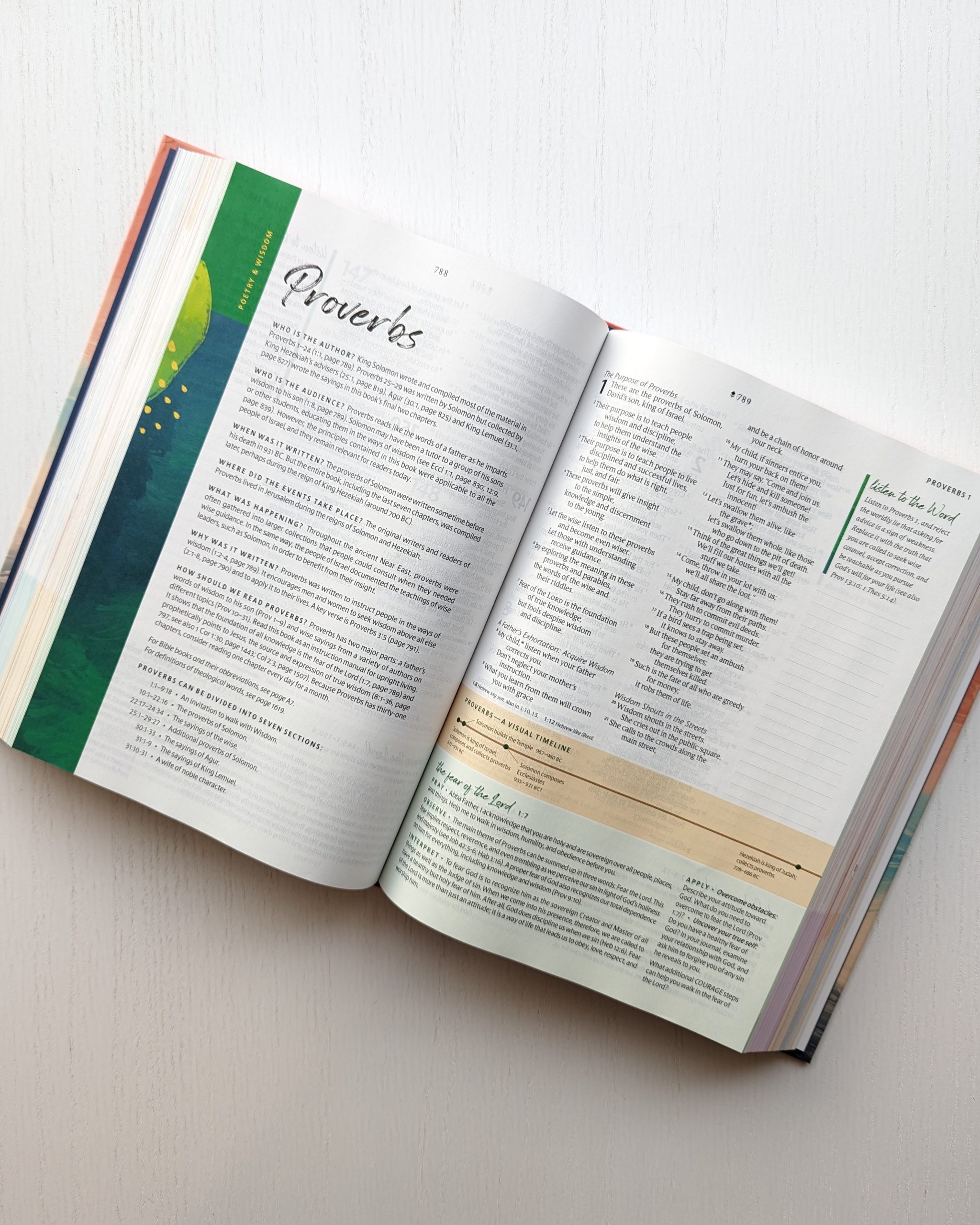
Filament-Enabled Bibles are not reading-plan Bibles, but they connect to the revolutionary Filament Bible app, which has numerous reading plans to help you stay on track in your Bible reading and explore different topics and themes in the Bible.
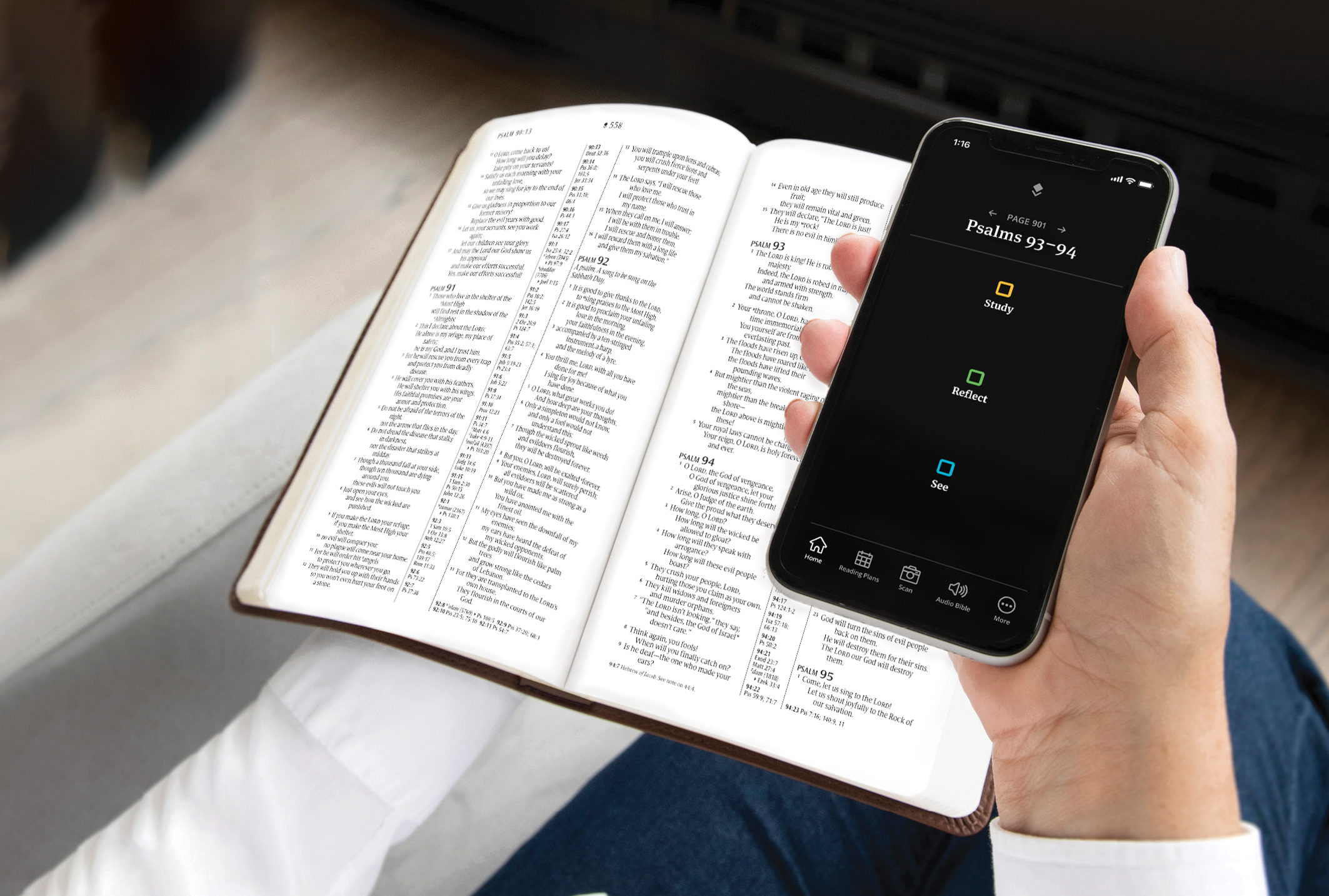


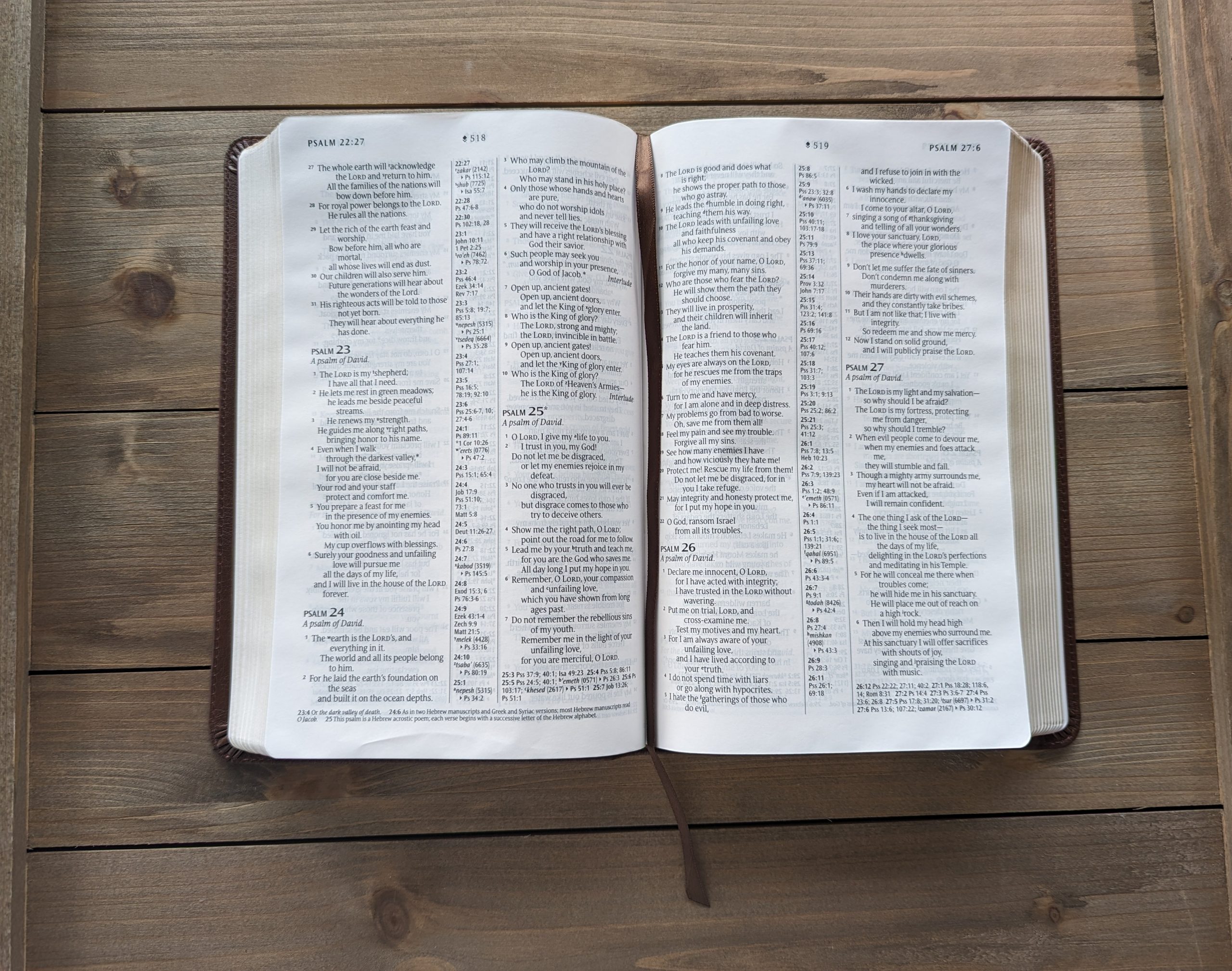
There are so many great ways to engage with God’s Word. Find what works best for you, and enjoy your time listening to God through his Word.





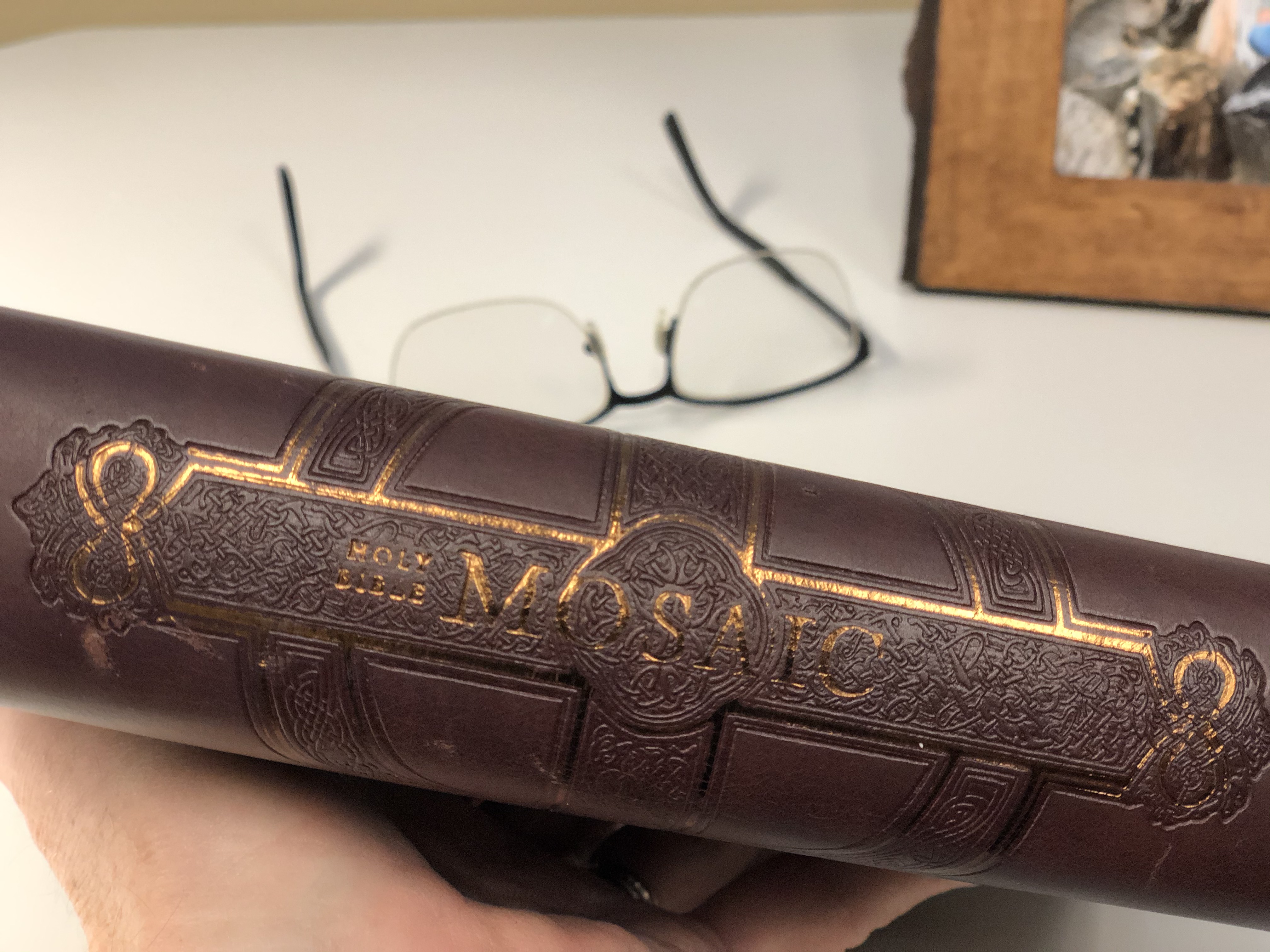





















Recent Comments